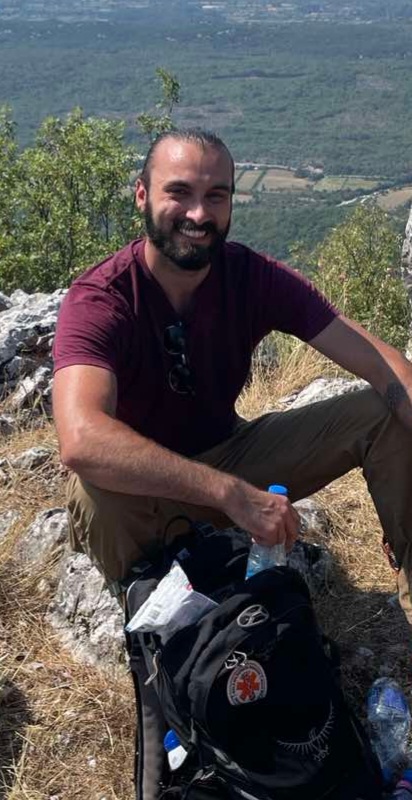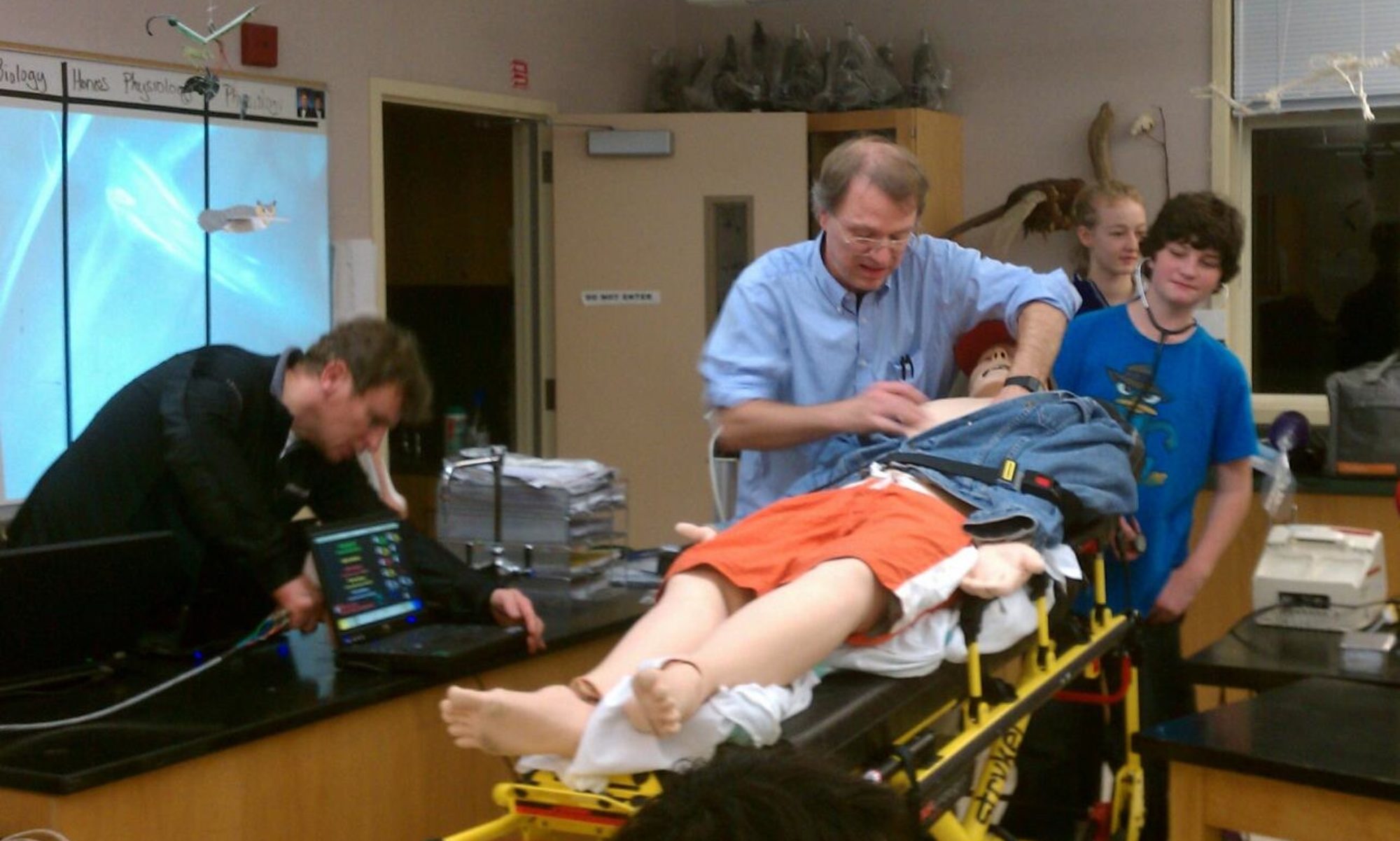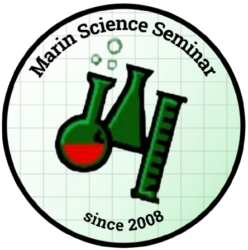with Elic Weitzel, Ph.D. candidate, University of Connecticut
Wednesday, October 25, 2023, TLHS Innovation Hub, 7:30pm
Description: The world today is facing a variety of ecological crises and to combat these crises, policymakers are working hard to promote sustainability. While rarely included in policy discussions, archaeology has a part to play in contributing to a sustainable future. Archaeology uniquely provides us with thousands of years of information about how other societies interacted with their environments: how they used natural resources, managed their ecosystems, and either thrived or collapsed based on these interactions. Elic Weitzel – a human ecologist and archaeologist at the University of Connecticut – will describe some of the contributions archaeology can make to understanding sustainability, highlighting his own work on natural resource use and management in precolonial and early colonial North America. His research investigates how deliberately set fires can impact ecosystem health and resource abundance, how human demographic change impacts resource consumption, and how unsustainability often follows from commodification of natural resources in profit-driven economies. His talk will focus specifically on white-tailed deer, exploring why precolonial deer herds were hunted sustainably for millennia while colonial-era deer populations crashed soon after the arrival of European colonists. Elic will conclude his talk by discussing the environmental policy implications of these archaeological results, highlighting that the power of archaeology and the study of past societies is in reminding us that the way things are today is not necessarily the way that things must be.
Bio: Elic Weitzel is a human ecologist and anthropological archaeologist interested in how humans both adapt to and modify their environments. The bulk of his research concerns the ecology of sustainable and unsustainable natural resource use and management, spanning time periods from the Pleistocene to the present. He has published on topics such as Ice Age megafauna extinctions, the origins of farming, the historical ecology of white-tailed deer, and the ecological consequences of European capitalism and colonialism. Elic is a Ph.D. candidate in anthropology at the University of Connecticut and holds a M.S. from the University of Utah and a B.A. from Dickinson College.

Links:
- Elic Weitzel’s homepage
- @ Google Scholar
- The Ecology of the First Thanksgiving (Scientific American)

